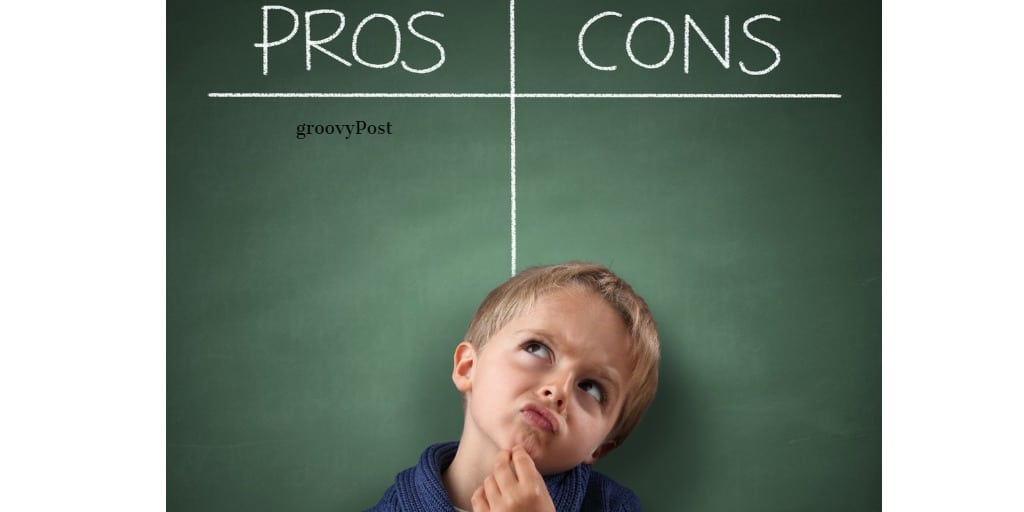What is a Second Mortgage
A second mortgage, also known as a home equity loan, is just what the name suggests. You already have a mortgage on your home, and now you’ll be adding a second one. The key to a second mortgage is the equity you have built up in your home. Home equity is the difference between the home’s market value and what you owe the lender. For example, if your home has a market value of $500,000 and you owe the bank $250,000, your equity is $250,000. Keep in mind that equity is a number that fluctuates due to the housing market. When the housing market is strong and your house goes up in value, your equity will rise. Unfortunately, the opposite can also occur, and the equity could drop. When a homeowner needs funds for debt consolidation, a wedding, or a large purchase like a boat or a vacation home, there are several ways of securing the funds. A second mortgage is one of those ways. Let’s take a closer look at that option. A second mortgage is like, but not quite the same as a HELOC (home equity line of credit). Like a HELOC, a second mortgage uses your home as collateral and leverages the equity you have built up. They differ because a second mortgage is a loan for a specified lump sum of money instead of a HELOC, which, like a credit card, can be withdrawn over time up to a preset maximum limit.
To give another example, using the illustration above, let’s pretend your child is getting married, and you need $50,000 cash to pay for the wedding and help them out with buying their first home. A second mortgage would be a perfect option for you as a homeowner being that the interest rate is normally incredibly low vs. other types of loans and, the term can span from 5-30 years, which can keep the payment (principal and interest) very low if that’s a priority for you. The interest rate on a second mortgage is usually higher than on your first mortgage due to the higher risk to the lender but lower than the interest on typical credit cards or unsecured loans. But keep in mind that if you fail to pay a second mortgage back, you can lose your home, which generally isn’t the case with credit cards or other unsecured loans.
Is the Interest from a Second Mortgage or Home Equity Loan Tax Deductible?
Another great reason to leverage your home’s equity for a second mortgage (aka – home equity loan) is that the interest can be tax-deductible compared to a personal loan. The important word here is it “can” be. There are certain rules to be aware of. Before the Tax Cuts and Jobs Act (TCJA) of 2017, cash from a second mortgage or HELOC could be used for almost any purpose, and the interest would be tax deductive. Those rules changed in 2018, along with the TCJA. Married couples can deduct interest on up to $750,000 of mortgage debt or $375,000 if you file separately. Additionally, the loan’s money can only be used to “buy, build or substantially improve the taxpayer’s main home or second home.”
Qualifying
It varies by the lender; however, a minimum of 620 to 650 FICO score is required at a minimum to qualify for a second mortgage (home equity loan). A higher credit score is always better as it will allow you to lock in the lower possible interest rate with your lender. Lenders will also look at your debt-to-income ratio, which generally needs to be lower than around 40 to 43 percent. Lastly, you will need to have plenty of equity in your home. IR-2018-32
Second Mortgage Pros
There are no limits on the usage of the borrowed funds, unlike, for instance, a college loan that must be used only to pay for college. A second mortgage gives you easy access to large amounts of cash for weddings, home remodels, crazy trips, or even a hole in the water where you constantly dump money into (aka – a boat).Depending on the lender, you can borrow up to 85-90 percent of your home’s equity. Generally, this means you can borrow more using this method than many others.Second mortgages are an excellent way to consolidate other debt as the interest rate is normally much lower than credit card or car loan interest rates. The term also varies from 5-30 years, keeping the monthly payments very low.Depending on how the cash is used, interest from a second mortgage can be tax-deductible.
Second Mortgage Cons
A secured loan using your home as collateral could result in losing your home if you fail to make payments.Interest rates are higher on a second mortgage vs. a first mortgage due to the higher risk since the primary mortgage gets paid back first.There are, depending on your state, substantial fees and closing costs to consider.Two monthly mortgage payments could potentially put a strain on your budget.Taking on additional debt is never a good thing. At a minimum, it will lower your FICO score.
Conclusion
If you’re a homeowner with equity in your home, need a large lump sum of cash, and have no plans of selling your home, a second mortgage is an excellent option vs. charging up credit cards or selling equities. Granted, everyone’s financial circumstances vary, so my advice is to talk with your accountant or financial advisor before making any large financial decisions. Comment Name * Email *
Δ Save my name and email and send me emails as new comments are made to this post.
![]()



